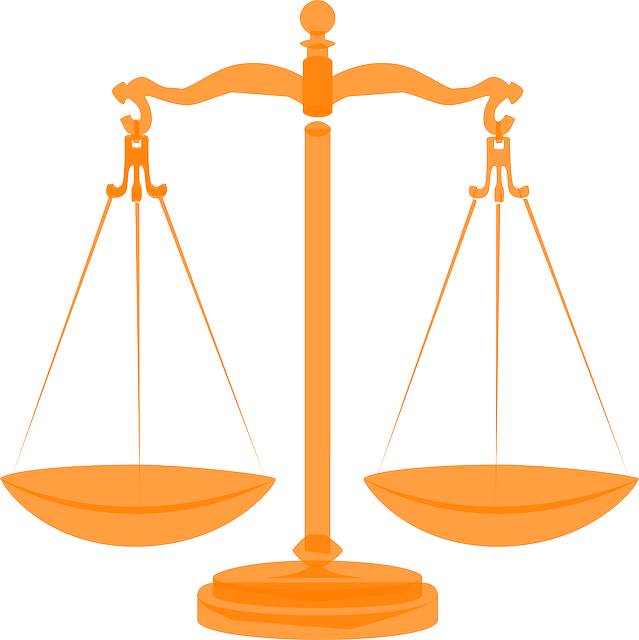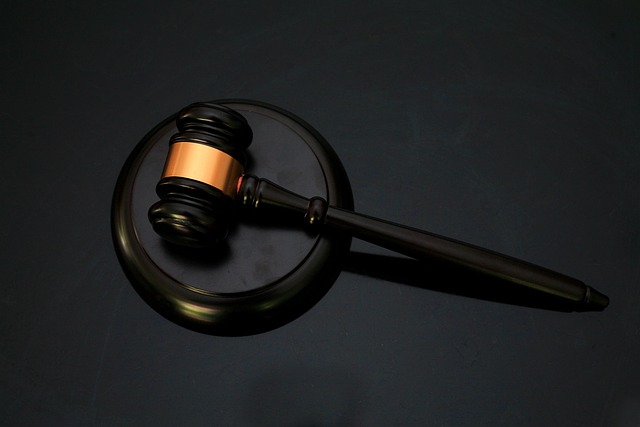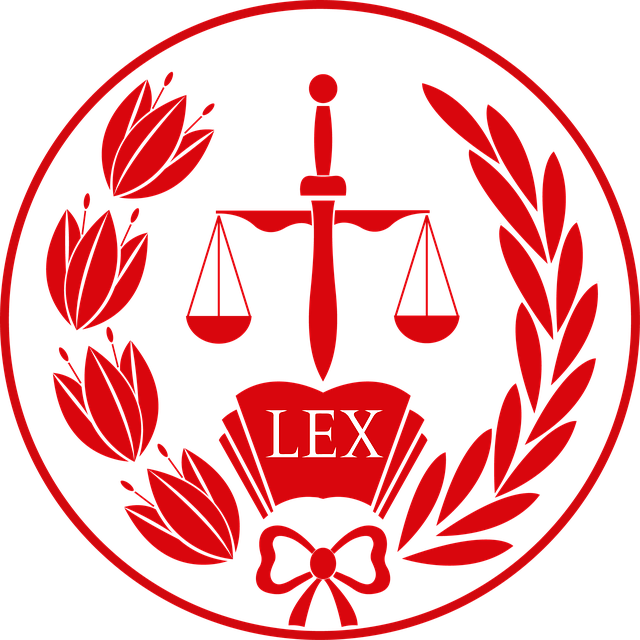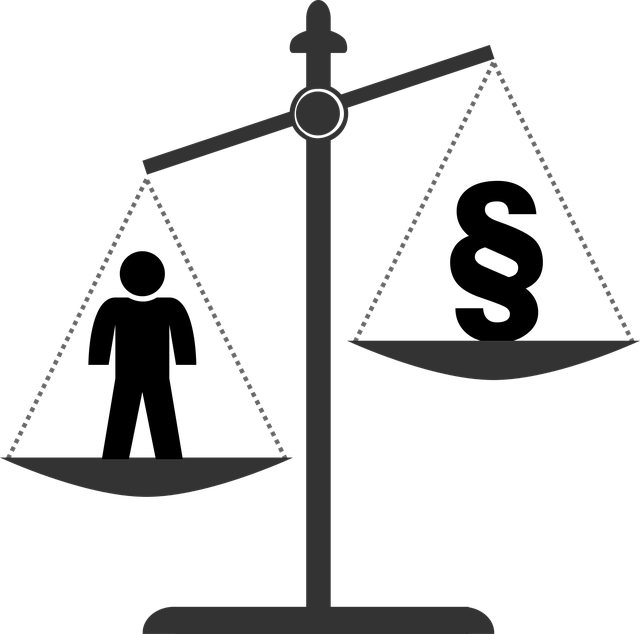Public corruption, including bribery and fraud by public officials, can financially exploit consumers. To file a consumer protection lawsuit, individuals must gather evidence, consult a specialized lawyer, and understand legal processes. The initial step involves collecting documents, followed by filing a complaint with the court. Through strategic investigations and tailored legal tactics, these lawsuits hold corrupt entities accountable, promoting integrity in public office and protecting consumer rights. Learn how to file a Consumer Protection Lawsuit for effective justice against corruption.
Public Corruption Charges: Navigating the Complexities of Consumer Protection Lawsuits. Understanding public corruption, its definitions, and various types is crucial for consumers seeking justice. This article demystifies the process of filing a consumer protection lawsuit, outlining who can sue, eligibility criteria, steps involved, and time frames. Learn how to build a strong case with compelling evidence and effective legal strategies, empowering you to take action with ‘How to File a Consumer Protection Lawsuit’ as your guide.
- Understanding Public Corruption Charges: Definition and Types
- Who Can File a Consumer Protection Lawsuit? Eligibility Criteria
- The Process of Filing a Lawsuit: Steps and Time Frames
- Building a Strong Case: Evidence and Legal Strategies
Understanding Public Corruption Charges: Definition and Types

Public Corruption Charges refer to illegal acts by public officials or those seeking public office for personal gain, often involving misuse of power, influence, and public funds. This can manifest in various forms, including bribery, fraud, abuse of position, and conflict of interest. Understanding these charges is crucial when considering how to file a consumer protection lawsuit, as it highlights instances where individuals or entities exploit their positions for financial advantage, potentially harming the public and consumers alike.
Knowing the different types of public corruption is essential in navigating high-stakes cases. These can range from white collar crimes like embezzlement and money laundering to economic crimes such as fraud in government contracts. An unprecedented track record in prosecuting these cases sets the bar for effective legal actions, providing guidance on how to pursue justice and compensation through consumer protection lawsuits.
Who Can File a Consumer Protection Lawsuit? Eligibility Criteria

Anyone who has been a victim of consumer protection violations can file a lawsuit to seek justice and compensation. This includes individuals, families, and sometimes even government entities if they have suffered losses due to unfair or deceptive practices in the respective business sector. The key eligibility criteria for filing such a suit involve proving that there was indeed an illegal act committed by the defendant, resulting in direct harm to you or your business.
To initiate the process of How to File a Consumer Protection Lawsuit, individuals must gather substantial evidence of the violation, including any documentation, contracts, receipts, communications, and expert opinions if required. It’s important to understand all stages of the investigative and enforcement process to ensure a strong case. An unprecedented track record of consumer protection victories can be a significant asset when choosing a legal representative for your case.
The Process of Filing a Lawsuit: Steps and Time Frames

When considering how to file a consumer protection lawsuit, understanding the process and time frames is crucial. The initial step involves gathering substantial evidence of the alleged corruption, including any relevant documents, communications, or records that prove the violation of consumer rights. This phase requires meticulous attention to detail as it forms the foundation for your case.
Once prepared, the next step is to consult with an experienced attorney specializing in consumer protection law. They will guide you through the legal process, ensuring your rights are protected. The lawyer will file a complaint with the appropriate court, outlining the charges and seeking relief on your behalf. From there, the case progresses through various stages, including pre-trial hearings, where both parties present their arguments. If a resolution isn’t reached, the matter may advance to a jury trial, aiming to achieve extraordinary results in holding corrupt entities accountable.
Building a Strong Case: Evidence and Legal Strategies

Building a strong case against public corruption requires meticulous attention to detail and a robust legal strategy. The first step is gathering compelling evidence that demonstrates wrongdoing. This involves thorough investigative work, including document examination, witness interviews, and financial record analyses. By sifting through these materials, attorneys can uncover discrepancies, illegal transactions, or instances of misuse of public funds – the kind of evidence that forms the backbone of a successful case.
Legal strategies should be tailored to the specific charges and jurisdiction. Filing a Consumer Protection Lawsuit (how to file is detailed in relevant guides) can be a powerful tool against corruption, protecting citizens from unethical practices. Through this process, lawyers employ various tactics such as subpoena powers to compel testimony and documentation, motion practice to challenge evidence or procedural errors, and expert witnesses to provide specialized knowledge on financial matters or public policy. The goal is to navigate all stages of the investigative and enforcement process, from initial filing to potential jury trials, ensuring that justice is served and those responsible are held accountable for their actions. Achieving extraordinary results in these cases not only sends a strong message about integrity in public office but also safeguards the interests of the community at large.
Public corruption charges are a serious matter, but understanding the process of filing a consumer protection lawsuit can empower individuals to take action. By familiarizing themselves with the types of public corruption, eligibility criteria, and the steps involved in filing a lawsuit, consumers can play a vital role in holding those in power accountable. With the right evidence and legal strategies, individuals can make a significant impact by learning how to file a consumer protection lawsuit effectively.






